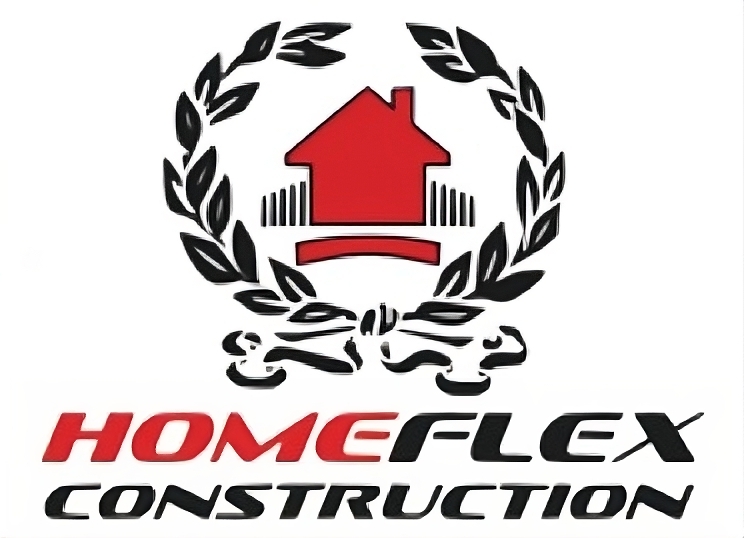In the hustle and bustle of New York City, peace is a rare luxury. From honking cars and construction noise to loud neighbors and sirens, urban noise pollution is part of daily life. That is why soundproofing has become a growing priority for homeowners and property developers. One highly effective, and often overlooked, solution lies in the strength and density of masonry construction.
How Masonry Materials Help Create Quieter, Calmer Living Spaces
Masonry is more than just a visually appealing and durable building method. Its ability to naturally block and absorb sound makes it a smart choice for creating quieter interiors, especially in noisy environments like NYC. Whether you are building new or renovating old, here is how masonry plays a key role in effective urban soundproofing.
1. Dense Materials That Block Sound Transmission
Masonry materials like brick, concrete, and stone are naturally dense, which makes them excellent at blocking airborne sound waves. Unlike lightweight drywall or wood framing, solid masonry walls don’t allow sound to pass through easily.
This means everyday city noises, like traffic, construction, or loud music, are significantly reduced when you’re inside a masonry home. The thicker the wall, the more effective the sound barrier.
2. Double-Wythe and Cavity Walls for Extra Protection
Many older NYC homes were built with double-wythe masonry walls, meaning two layers of brick separated by an air gap or insulation. These walls are not only structurally sound but also provide superior soundproofing due to the multiple layers and air space.
Modern masonry construction can replicate this effect with cavity walls that include sound-dampening insulation, offering even better acoustic control.
3. Masonry Partitions for Interior Sound Control
Soundproofing isn’t just about keeping outside noise out, it is also about reducing noise transfer inside your home. Using masonry for interior partition walls, especially between units in multi-family housing, helps isolate sound between living spaces.
Concrete blocks or structural brick walls between apartments, bedrooms, or shared spaces can keep loud conversations, TVs, or kitchen clatter from spilling over into quiet zones.
4. Better Acoustics Without Additional Materials
Because masonry walls naturally absorb sound, they reduce the need for costly soundproofing add-ons like acoustic panels, special foams, or double drywall. This not only lowers renovation costs but also preserves square footage, especially valuable in tight NYC homes.
With the right design, you get both excellent acoustic performance and sleek, low-maintenance finishes.
5. Enhanced Sound Control in Basements and Home Offices
Basements are often used as media rooms, gyms, or offices, all of which benefit from sound isolation. Masonry walls make these underground spaces quieter and more comfortable by preventing outside noise from entering and keeping internal sounds from disturbing the rest of the home.
For work-from-home professionals in NYC, this can mean a huge difference in productivity and privacy.
6. Long-Term Soundproofing Without Compromise
Unlike some soundproofing materials that degrade over time, masonry maintains its acoustic benefits for decades. There is no sagging insulation, no settling layers, and no peeling treatments to worry about. This makes masonry a smart investment for long-term comfort and value.
Whether it is a residential brownstone or a modern townhome, masonry gives you peace of mind and peace and quiet.
7. Fire-Resistant and Sound-Resistant in One
Another bonus of masonry construction is that it doubles as a fire-resistant barrier. Masonry walls are non-combustible and can contain fire for longer than wood or metal structures. This fire resistance also contributes to better soundproofing. In fact, many materials that offer thermal and fire resistance, like brick and concrete, also have high Sound Transmission Class (STC) ratings. So, by using masonry, you get a quieter and safer home, without needing separate solutions.
8. Sustainable and Sound-Smart Living
Incorporating soundproofing into your building doesn’t have to compromise sustainability. Masonry materials such as recycled bricks, fly ash concrete blocks, and locally sourced stone contribute to green building goals while also offering excellent sound control. Choosing eco-conscious masonry solutions allows NYC homeowners to enjoy quieter, more serene spaces while reducing environmental impact and promoting long-term durability.
Conclusion
In a city that never sleeps, masonry helps create homes that rest easy. With its natural density, durability, and acoustic properties, masonry is one of the most effective ways to soundproof a home in noisy urban environments. It not only blocks outside noise but also adds lasting value, comfort, and structural integrity.
